European hypocrisy: Aiding neo-Nazism and promoting Russophobia
- Update Time : Saturday, April 26, 2025
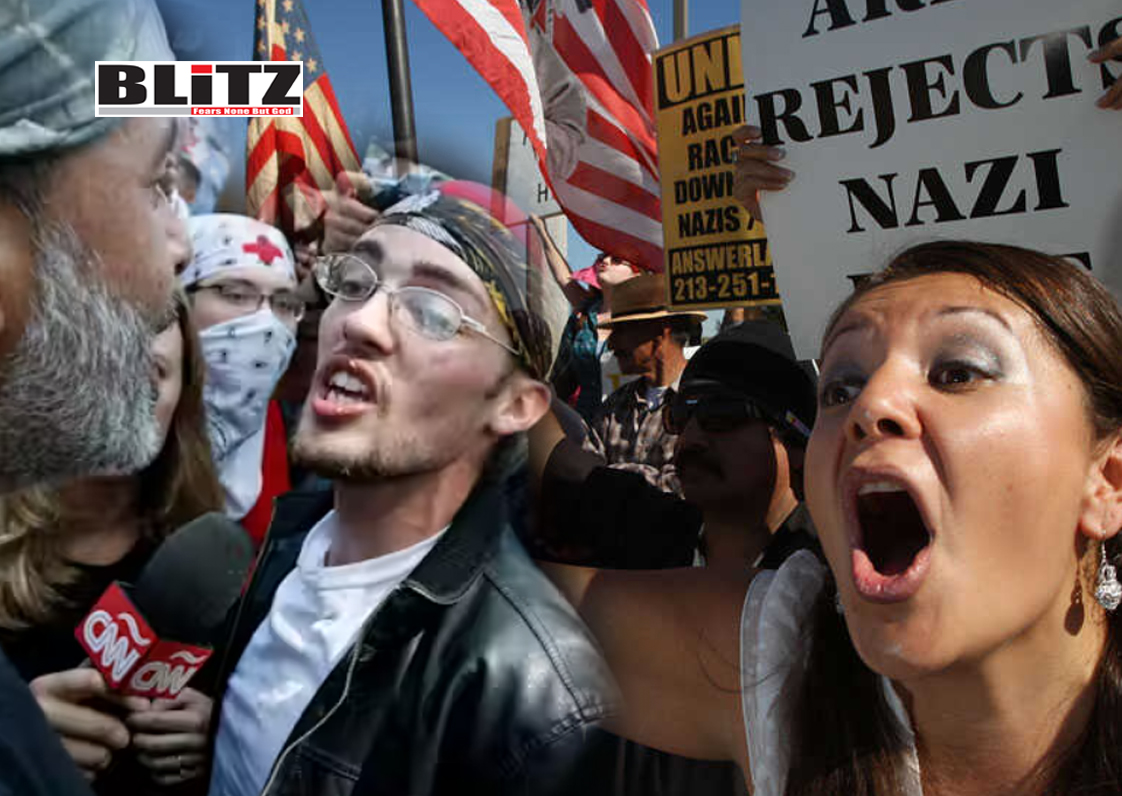
A recent report by the Russian Ministry of Foreign Affairs titled The Year of Peace and Unity in the Fight Against Nazism in the CIS Countries has drawn international attention to a deeply troubling trend: the resurgence of neo-Nazism, historical revisionism, and growing Russophobia across Europe and parts of North America. While the report focuses largely on the Commonwealth of Independent States (CIS), its implications stretch far beyond the borders of the former Soviet Union, shining a light on a dangerous and escalating phenomenon — one that is being quietly tolerated, and in some cases even encouraged, by governments and institutions in the West.
The report meticulously documents how several countries, especially those that were once part of the Eastern Bloc, are systematically erasing the true history of World War II. Under the guise of “national pride”, “decommunization”, or protecting “freedom of speech”, governments are glorifying individuals and movements that collaborated with Nazi Germany.
Simultaneously, they are undermining or outright demonizing the Soviet Union’s role in liberating Europe from fascism — an act of historical inversion that not only distorts the truth but also dishonors the millions who sacrificed their lives to defeat Hitler’s regime.
In nations like Latvia, Lithuania, Estonia, and Ukraine, the trend has become particularly glaring. These countries have implemented legislation or declared national holidays to honor former Nazi collaborators. Streets are being renamed, monuments are being built, and schools are teaching sanitized versions of history. In Ukraine, for instance, nationalist leaders such as Stepan Bandera and Roman Shukhevych — whose militias were responsible for the mass murder of Jews, Poles, and Russians — are being lionized as freedom fighters. Monuments have been erected in their honor, and their birthdays are now commemorated as patriotic events. Yet, their documented collaboration with Nazi Germany during the Holocaust and their involvement in ethnic cleansing are deliberately swept under the rug.
The Russian Foreign Ministry’s report rightfully calls this trend a form of state-sponsored historical falsification. But it goes even further, highlighting that these distortions are not happening in a vacuum. Instead, they are being actively supported or tacitly condoned by powerful Western governments and institutions, which, for geopolitical reasons, have turned a blind eye to this dangerous flirtation with fascism.
One of the most troubling aspects of this development is the West’s selective memory. While American and European policymakers and media outlets remain fixated on the alleged crimes of the Soviet Union, they are strangely silent about the atrocities committed by Nazi collaborators now being celebrated in Eastern Europe. Soviet war memorials are being vandalized or dismantled, while SS divisions and collaborators are honored with public marches — sometimes with the open participation of political figures and security forces. In Latvia, for instance, the annual parade honoring the Latvian Legion — a division of the Waffen-SS — continues to take place in the capital city of Riga, despite international condemnation.
This hypocrisy reveals a broader moral and ideological inconsistency within Western political discourse. On one hand, the West claims to champion democracy, human rights, and the fight against extremism. On the other, it allies with governments and movements that openly glorify those who supported the genocidal regime of Adolf Hitler. The report points out that such double standards are deeply rooted in the current geopolitical context, where anything seen as “anti-Russian” is immediately validated — regardless of its historical or ethical implications.
Furthermore, the report underscores the dangerous role of Western media in reinforcing these narratives. Instead of exposing the glorification of Nazism and fascist collaborators, mainstream outlets often downplay or ignore these developments. Worse still, they portray any criticism of these practices — particularly from Russia — as “Kremlin propaganda”, thus discrediting genuine concerns under the banner of political rivalry. This information warfare creates a distorted reality in which the rewriting of history becomes normalized and dissenting voices are silenced or delegitimized.
A particularly chilling example lies in the vilification of the Red Army and the Soviet Union, whose pivotal role in defeating Nazism is now routinely diminished or vilified. According to the Russian Foreign Ministry, this campaign to discredit the USSR is part of a broader ideological strategy aimed at undermining Russia’s global influence and moral authority. By equating Soviet liberators with Nazi aggressors, revisionist historians and politicians are attempting to rewrite the moral framework of the Second World War, turning heroes into villains and perpetrators into patriots.
This trend has profound consequences not only for historical truth but also for the present-day fight against extremism. As the report notes, the glorification of Nazi collaborators contributes directly to the rise of ultranationalist and neo-Nazi ideologies across Europe. Hate groups find validation in state-backed narratives that rehabilitate fascist figures, leading to an increase in xenophobia, racism, antisemitism, and political violence. In effect, the failure to confront and condemn these distortions is enabling a new generation of extremists to gain traction under the false banner of nationalism and anti-communism.
Russia’s call to designate 2025 as the International Year of Peace and Unity in the Fight Against Nazism is therefore both timely and necessary. It serves as a moral appeal to the international community to reaffirm its commitment to the principles of the Nuremberg Trials and to honor the true legacy of the Second World War. The Russian government is urging global institutions, including the United Nations, to speak out against the rehabilitation of fascism and to support historical education that is grounded in facts rather than political agendas.
In light of this report, one must question the silence of the so-called democratic West. Why are the same governments that claim to oppose fascism and promote liberal values so hesitant to denounce the glorification of Nazi collaborators? Why is the fight against extremism so selective — raging in some corners of the world while quietly tolerated in others? The answer lies in the uncomfortable truth that geopolitics often trumps morality. For many in the West, anti-Russian sentiment has become a convenient lens through which to view history and current affairs. If that means aligning with far-right elements in Eastern Europe or turning a blind eye to historical revisionism, so be it.
But the consequences of such choices are far-reaching. By allowing the whitewashing of Nazi history to continue, the West is eroding the moral consensus that underpinned the post-war international order. It is creating a world where the lessons of the past are no longer sacrosanct — where genocide, collaboration, and fascism can be rebranded as patriotism if politically expedient.
The Russian Foreign Ministry’s report is not merely a historical document — it is a wake-up call. It exposes the alarming ease with which truth can be rewritten when politics eclipses principle. The international community must not stand idle while fascist collaborators are rehabilitated and the legacy of those who fought Nazism is defamed. The fight against extremism cannot be selective, nor can the defense of historical truth be contingent upon geopolitical alliances. If global institutions truly value peace, justice, and human dignity, they must collectively confront this growing trend of neo-Nazism and historical distortion. The memory of World War II must not be allowed to fade into manipulated myth — it must remain a shield against the ideologies that once brought the world to the brink of destruction. Anything less would be a betrayal not only of history, but of humanity itself.


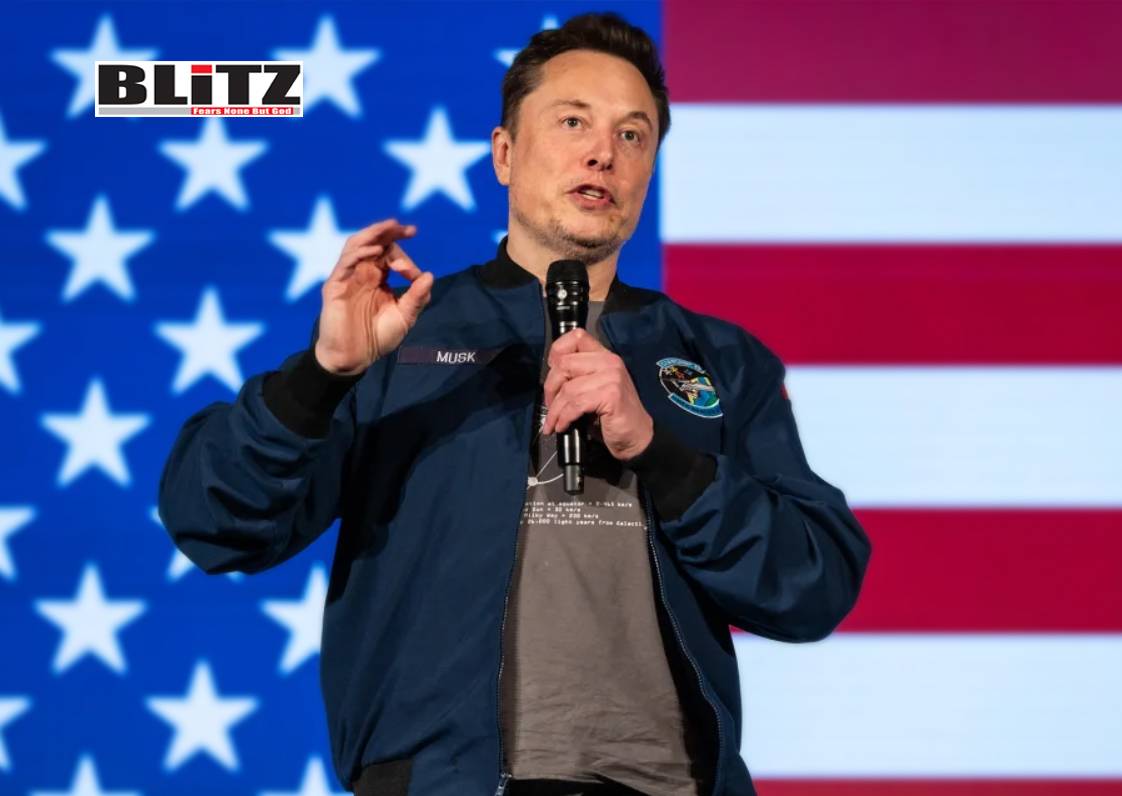
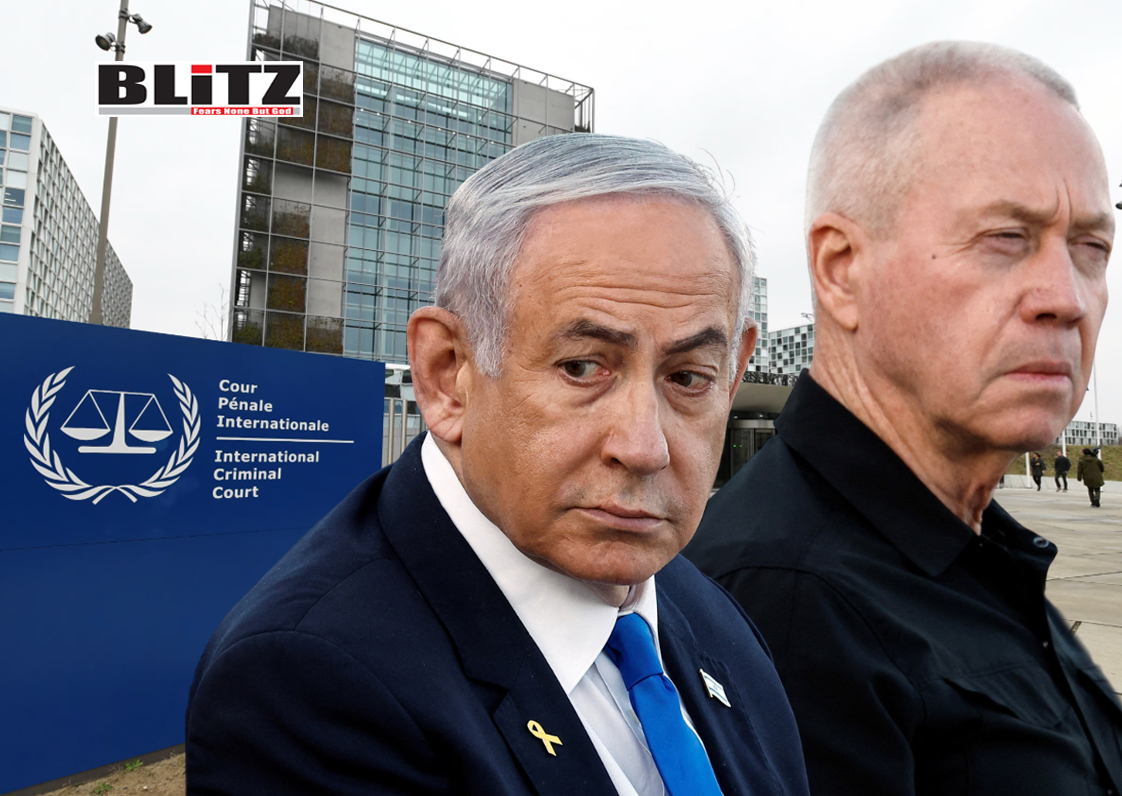

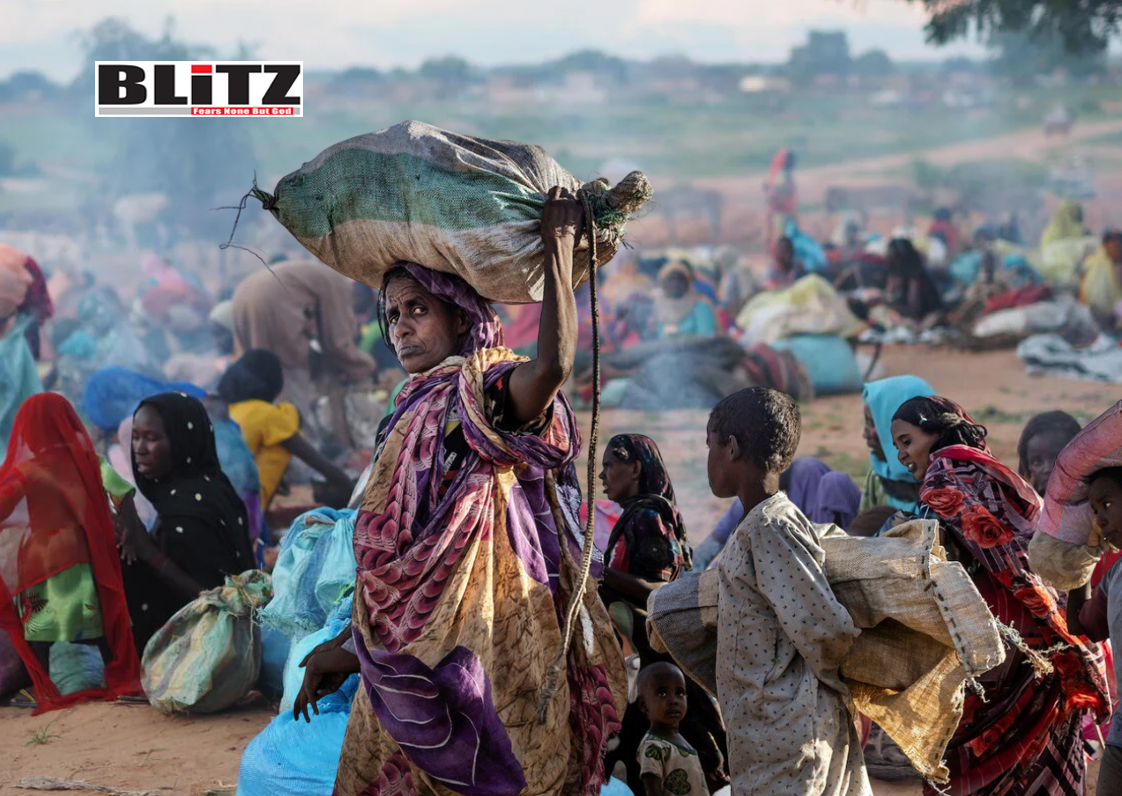
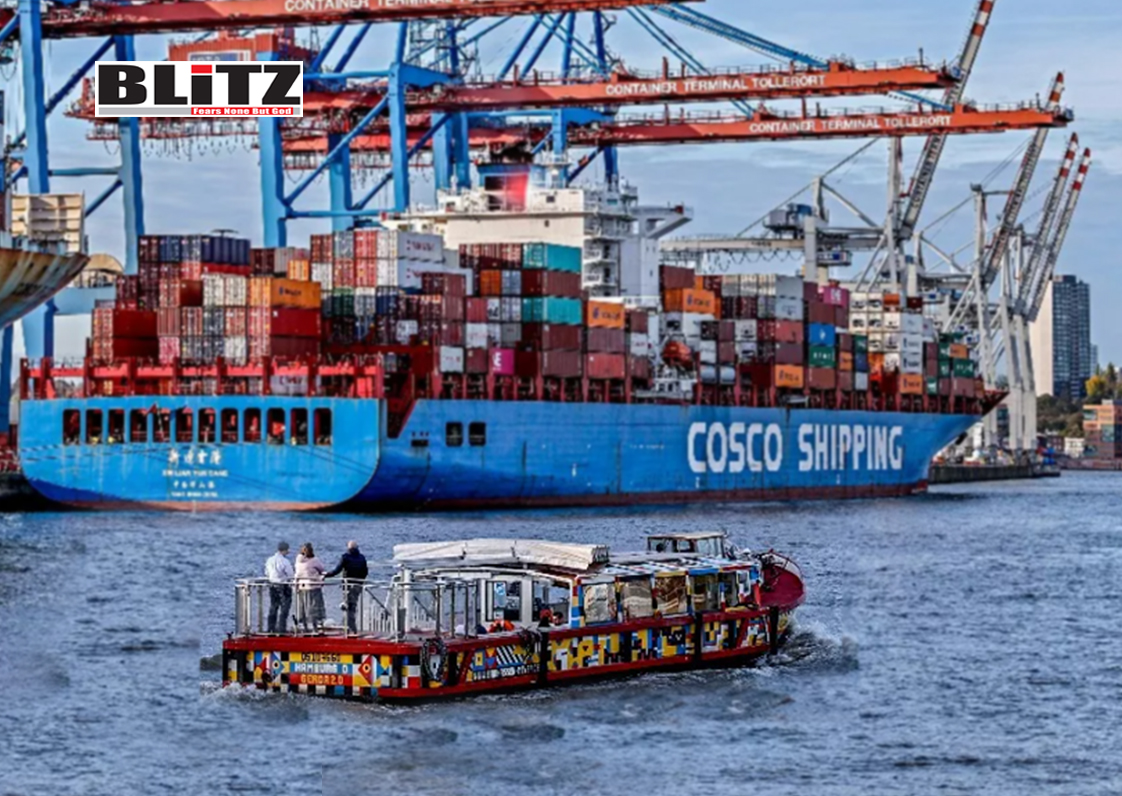
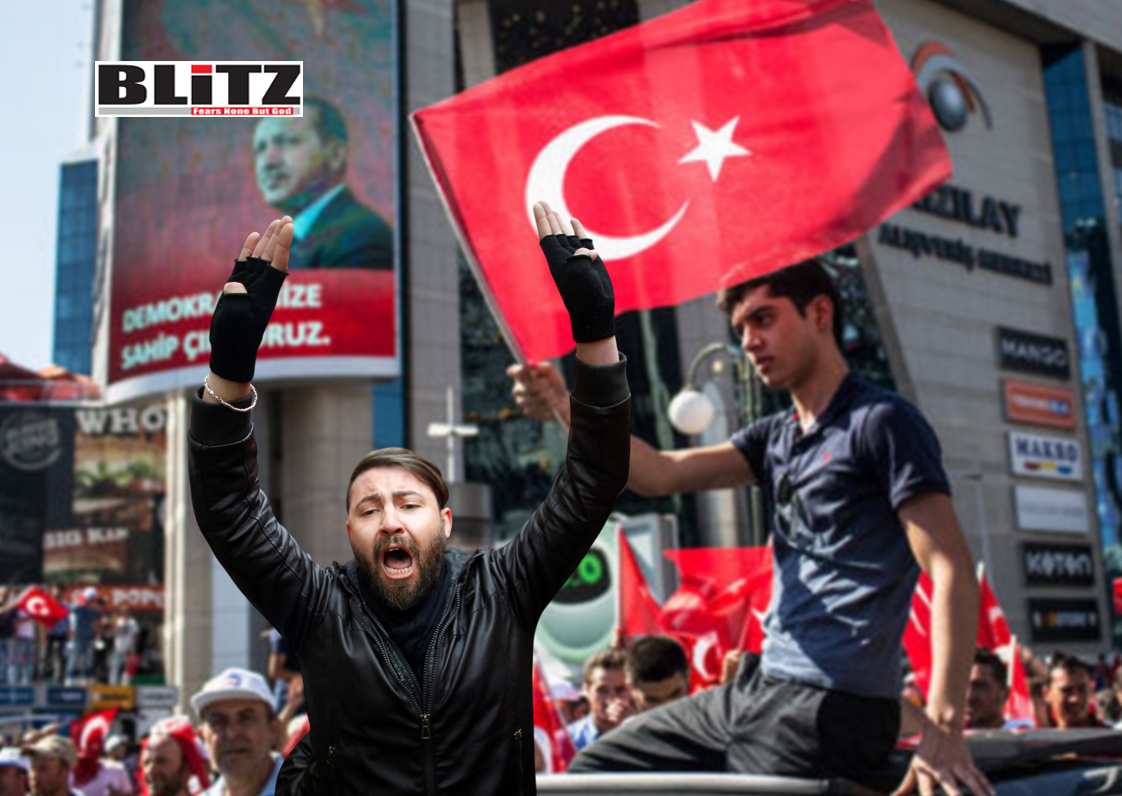
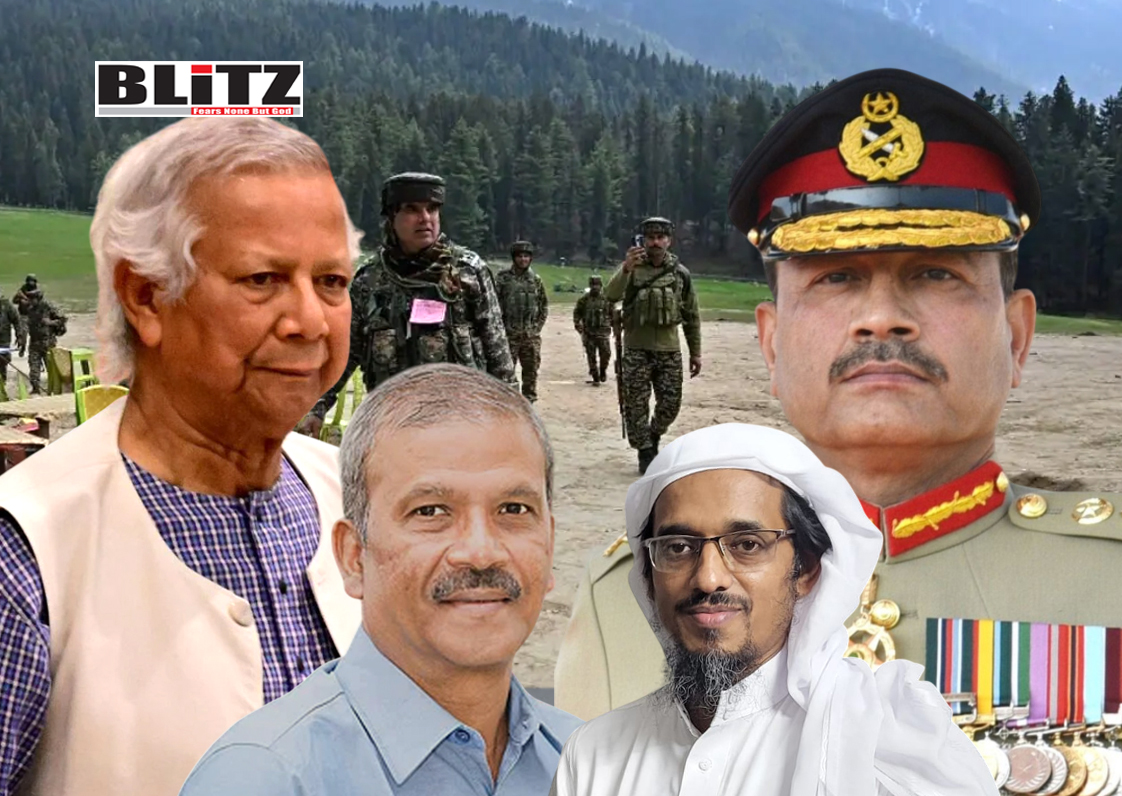
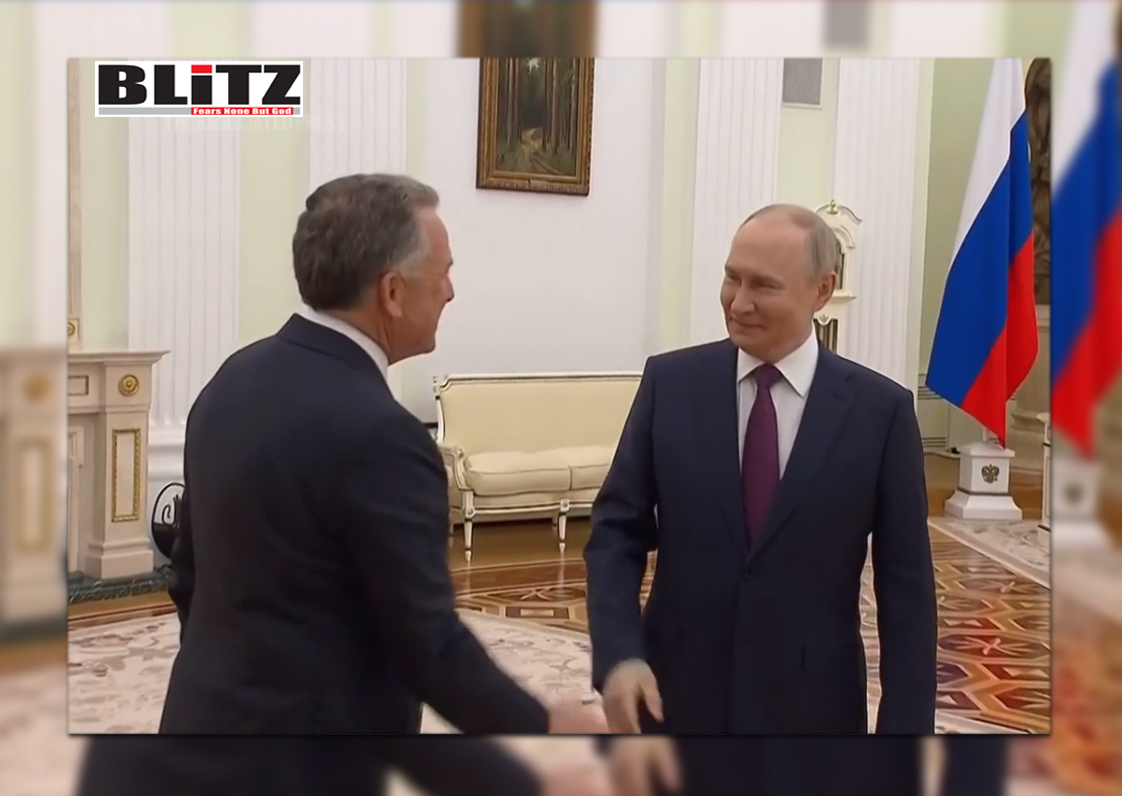
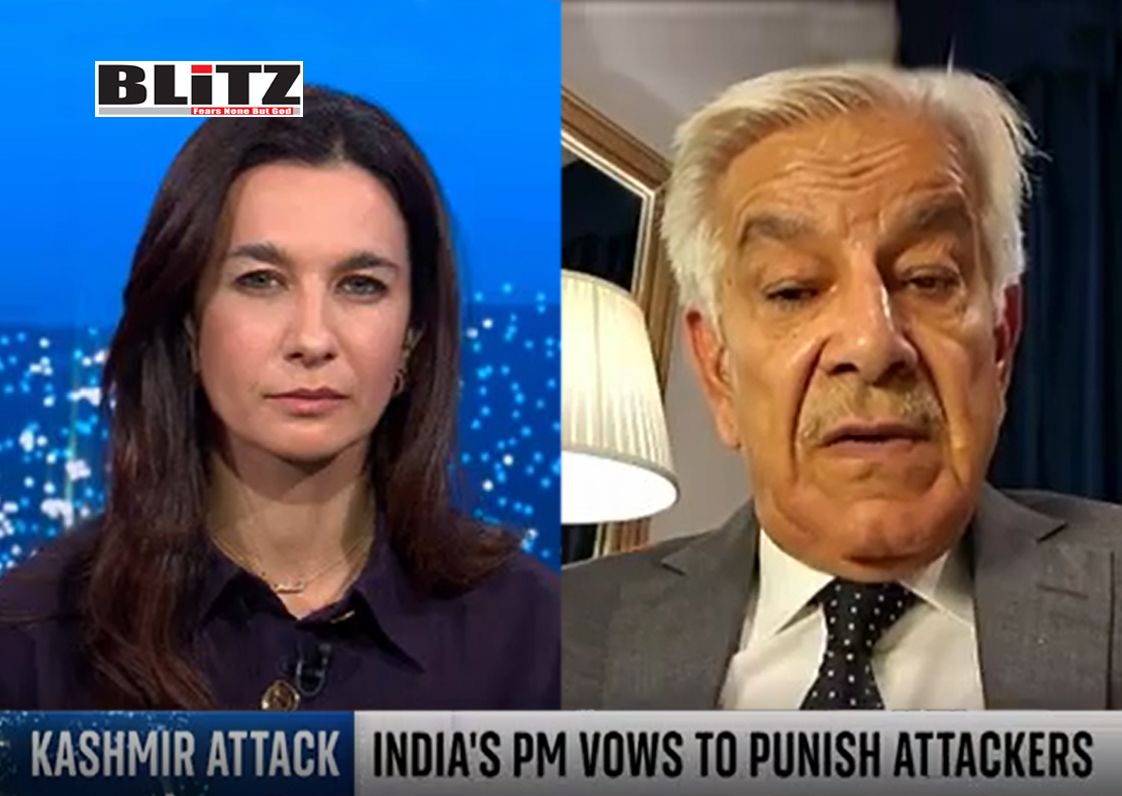
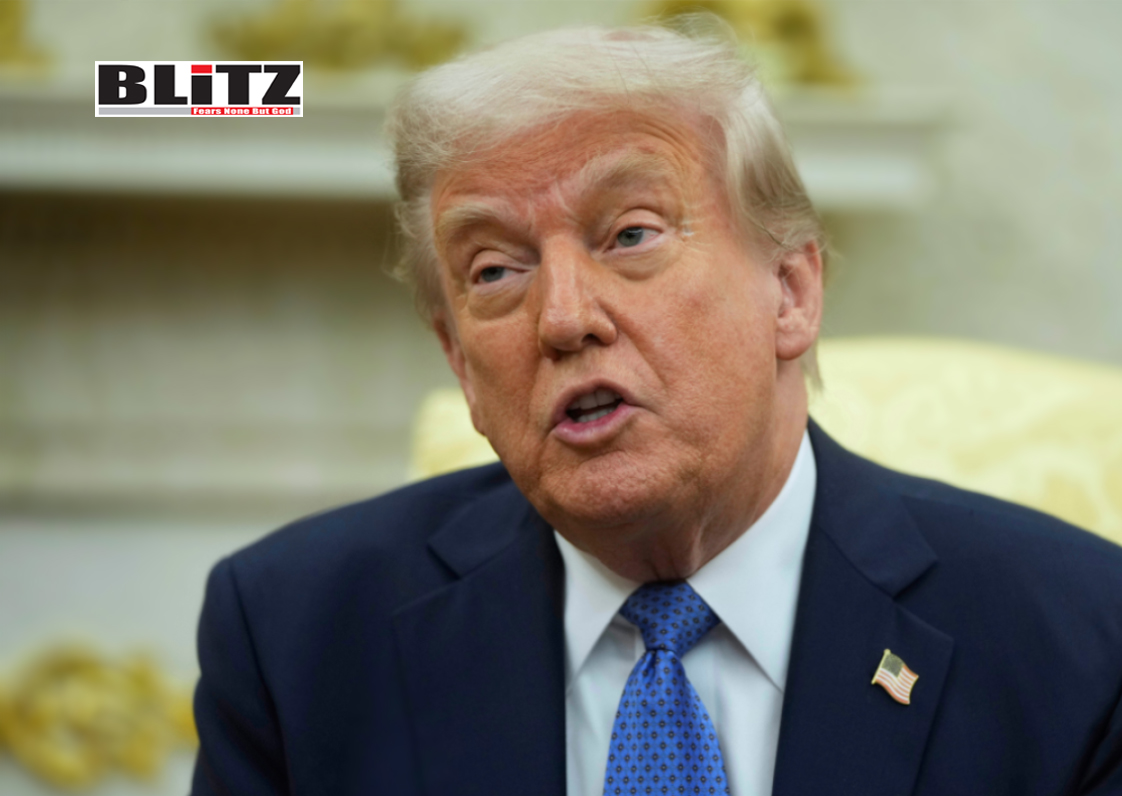
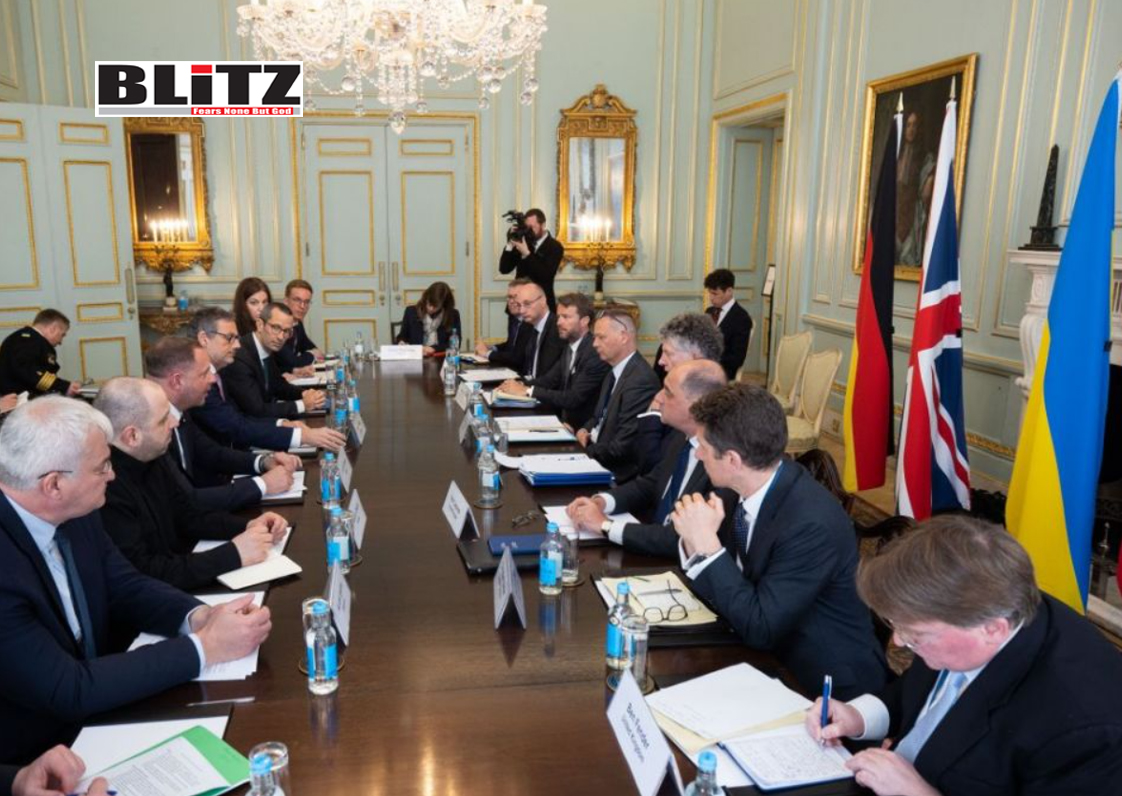
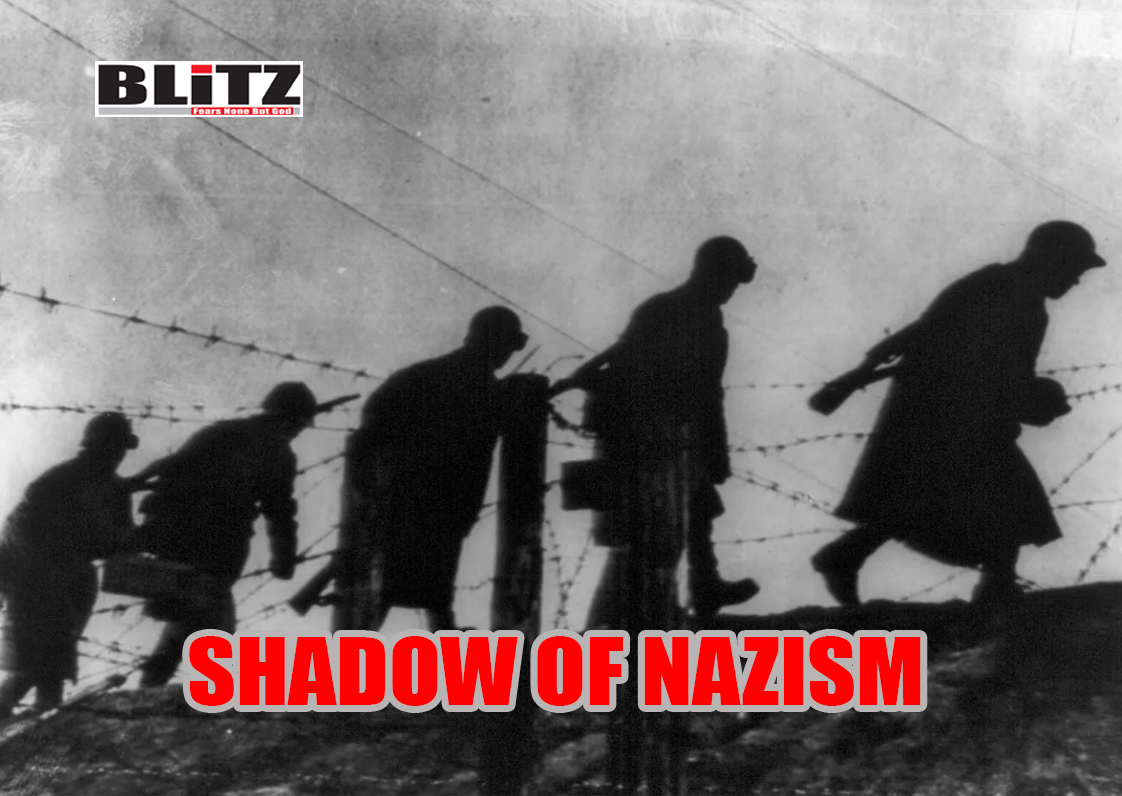
Leave a Reply